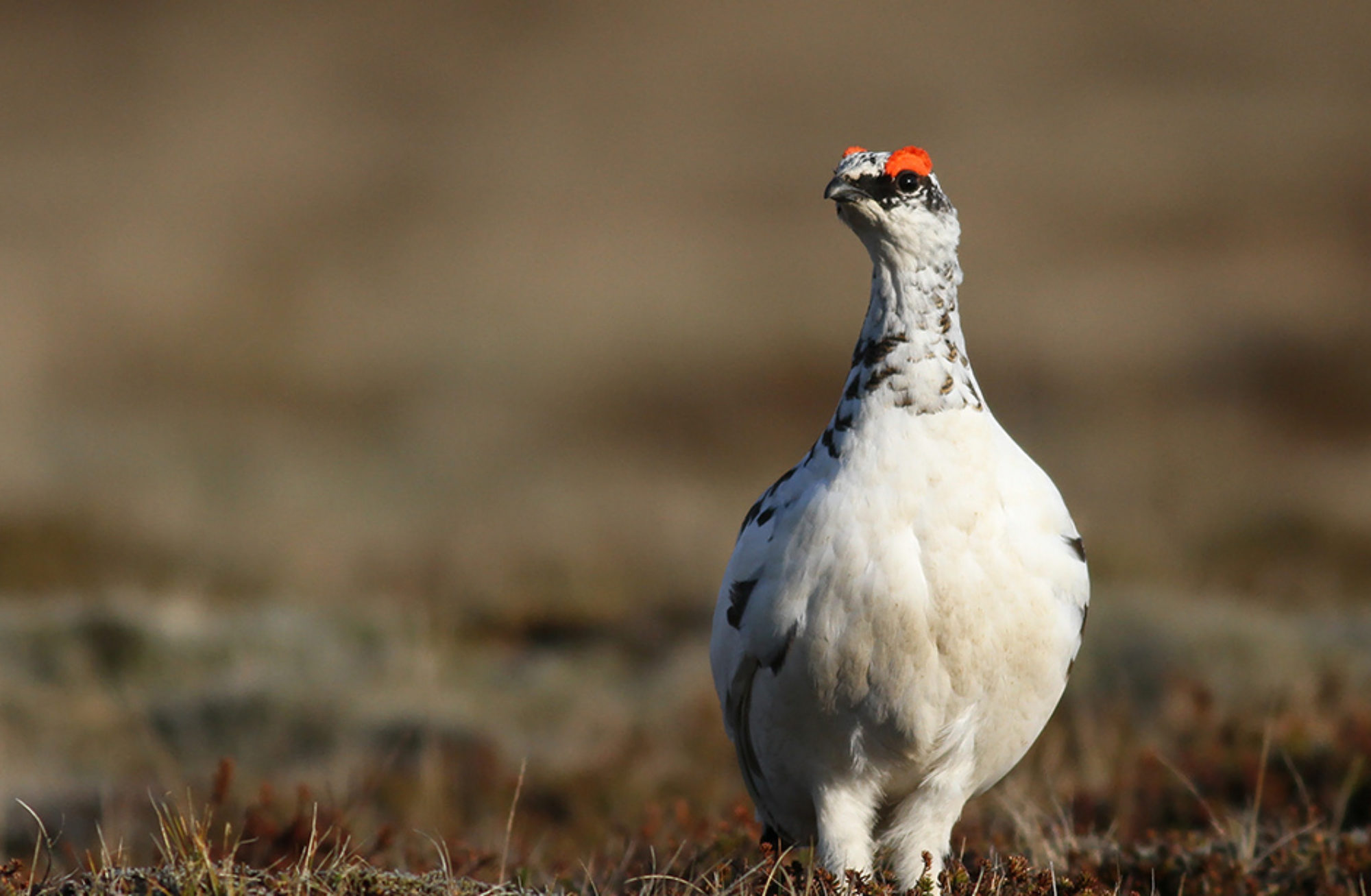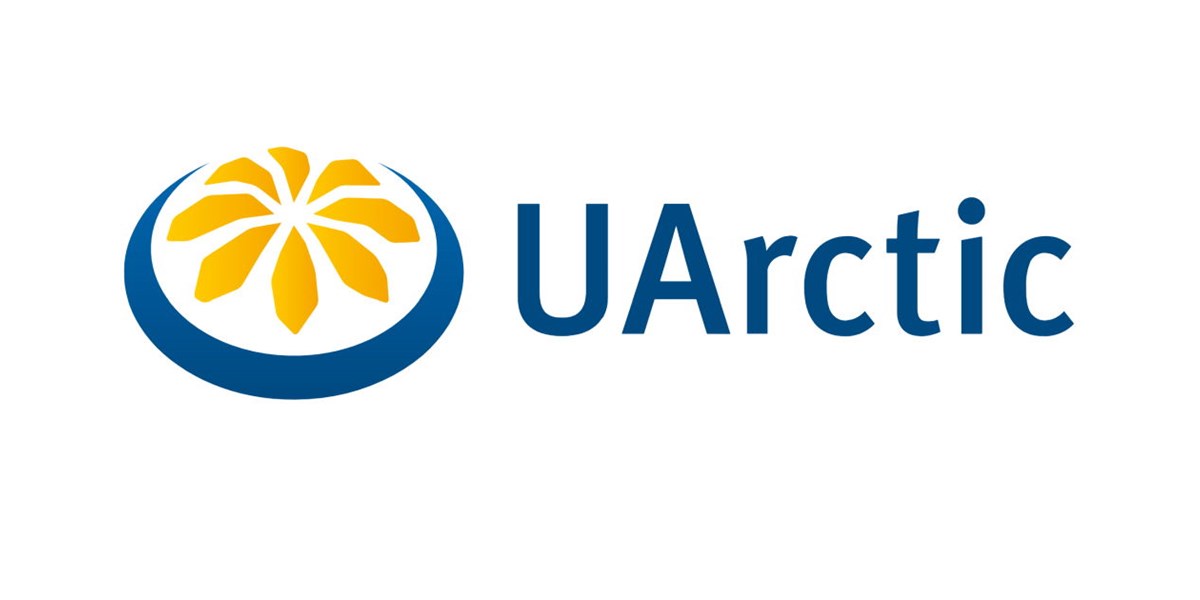Congratulations to Mathilde Le Moullec, at the Greenland Institute of Natural Resources, who secured funding through the 2024 UArctic Project Call for Networking Activities on Arctic Research and Education! Her project, titled “Implications of changes in tundra herbivore diversity – West Greenland in a multiscale circumpolar experiment” is one of the three projects that will receive funding from the Danish Ministry of Higher Education and Science for the next two years (2024-2026).
The project includes partners from the University of Helsinki, the Agricultural University of Iceland, Aarhus University, University of Eastern Finland and the Norwegian University of Science and Technology, and will help set up a TExNet site in W Greenland!
Implications of changes in tundra herbivore diversity – West Greenland in a multiscale circumpolar experiment
Herbivory is a key ecological process modifying arctic ecosystems’ response to climate change, and herbivores are extremely important for the livelihoods of most northern communities, including Greenland. The aim of the project is to understand the drivers and consequences of changing vertebrate herbivore diversity across environmental gradients in the tundra biome. We apply for funding to set up an experimental site in West Greenland following the standardized protocols developed by the Tundra Exclosure Network (TExNet) and contribute to a larger research effort implementing a common sampling design at multiple sites across the Arctic. The project will not only deliver local knowledge for direct management advice to the Ministries, it will also improve our understanding of the role of herbivore diversity in tundra ecosystems, while strengthening circumpolar scientific cooperation.


